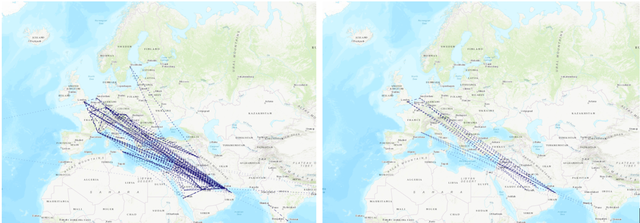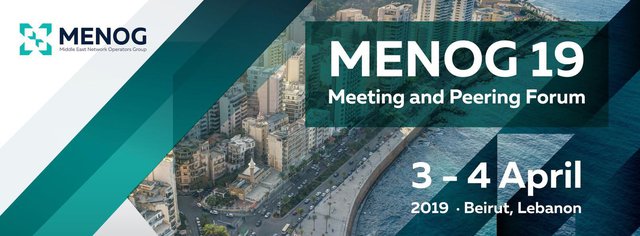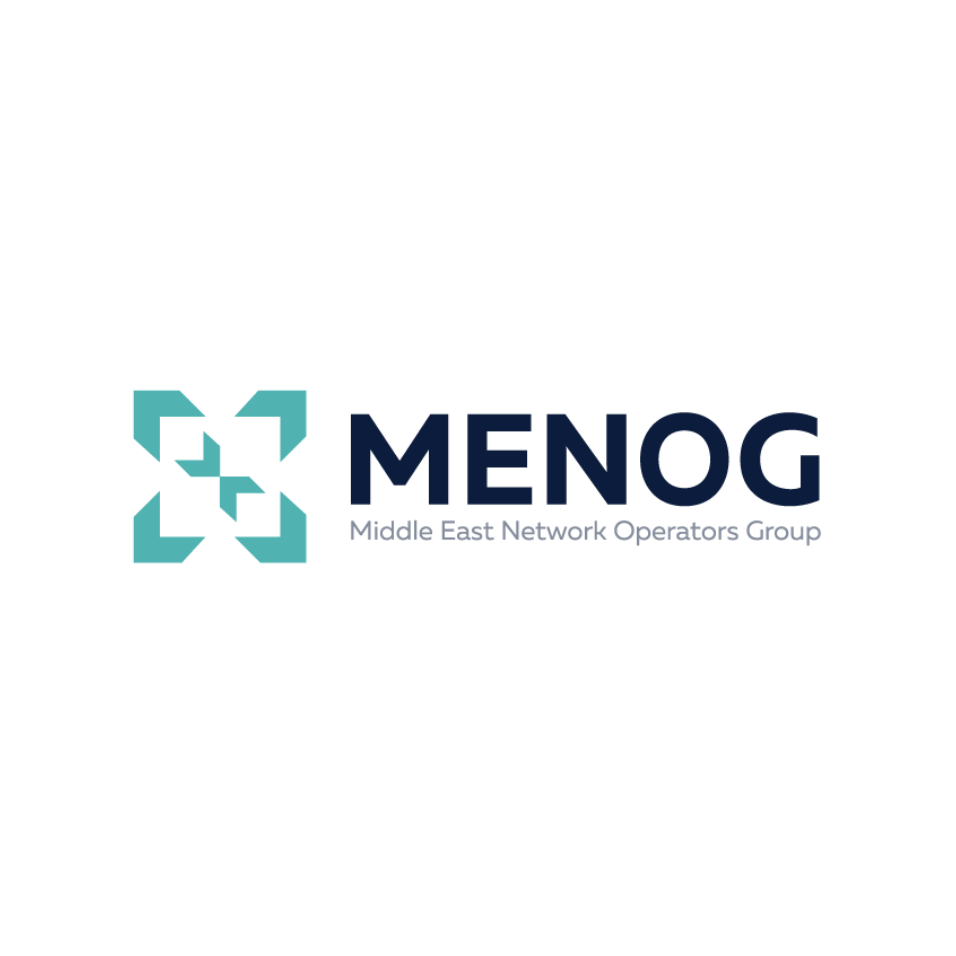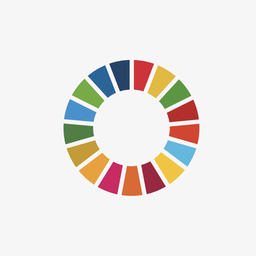The Middle East Network Operators Group (MENOG) Meeting & Peering Forum will be held on 3-4 April 2019 in Beirut, Lebanon. The Forum brings together key Internet players from all over the world, making this event the largest non-commercial, technical, educational and community-oriented activity in the Middle East.
For those familiar with the event, you might find a few things have changed. This article aims to explain what has changed and why.
What is in a Name?
It has recently become clear that the uptake of peering and interconnection in the Middle East has been stagnating. Less than half of the countries in the Middle East have a functioning Internet Exchange Point (IXP), and many of the existing IXPs are far from reaching their full potential. Many operators still send regional traffic to be exchanged out of the region. One way of measuring whether regional traffic stays regional, is to check how many paths between endpoints in the same region we see going out of that region at some point along the path. Paths going out of a region are typically longer than paths staying in the country. The significance of going out of region may differ from region to region, but post-Snowden, country/regional borders have gained importance - even while the Internet is, in principle, a globally connected network.

Visual representation of IPv4 paths (left) and IPv6 paths (right) between the top 25 largest ASNs
in AE, BH, IQ, KW, LB, OM, QA, SA
From the image above, it is clear that most of the paths still go via Europe. As for those that do stay in the region, they are still mostly a result of direct interconnection between the two ASNs (mostly either through commercial agreements or by operators from the same group operating in multiple countries). However, research also suggests that recently there has been an increase in the number of regional paths that traverse via the United Arab Emirates (either via UAE-IX or SmartHub).
This is why the MENOG team has decided to formally establish itself as the Peering Forum for the region by dedicating more time for the issues of peering, interconnection and IXP development.
Day Zero
Over the past decade, the MENOG team has built upon the experiences accumulated from the region to design the event in the best way possible for the maximum benefit of all attendees.
For the past few years, MENOG brought together all IXP Managers from the region, and some neighbouring countries, to participate in a half-day closed meeting, preceding the open plenary days. This meeting was called the “Day Zero” and mainly focused on discussing specific challenges and opportunities that IXPs face in the region.
This year, MENOG is extending the Day Zero invitations to operators and peering coordinators in the region to join us on 2 April. During the day, participants will discuss and get trained on peering negotiations, tools and measurements. These will be useful during the bilateral sessions of the main event among their fellow IXP managers and peering coordinators in the Middle East. This is still a closed event with a limited number of seats and coordinated by our IXP tutorial partners PCH.
If you are interested in joining future Day Zero activities, please find and inform the MENOG secretariat during the event.
Networking at MENOG
In the peering world, agreements are done with a handshake at a meeting or social event. MENOG is introducing the following sessions and tools to help facilitate networking opportunities:
Peering Personals
At the end of every session, peering coordinators will have the opportunity to provide the audience with a brief introduction. The introduction should cover details of their AS Numbers, where they peer, peering policy, contact information, and explain why other participants should peer with them.
The MENOG secretariat will send an email to the checked-in attendees, inviting them to send one slide with the details above.
RIPE Networking App
MENOG is all about people meeting people. Attendees are now able to use the RIPE Networking App to book meetings with fellow attendees, view the meeting agenda and send messages to other app users. The app is available in the Apple App Store and the Google Play Store.
Peering Bilateral Sessions
We do not want attendees to miss out the valuable sessions and presentations, this is why the MENOG team has set aside two 90-minute sessions to allow for more peering negotiations and agreements. These sessions aim to provide an opportunity to strengthen and build new peering relationships with over 250 attendees.
Bridging the Gap and Connecting the Dots
Unfortunately, there are not many technical forums or Network Operator Groups (NOGs) in the Middle East and North Africa (with the exception of Iran and Sudan) which means there are limited opportunities for the technical community to meet up locally to discuss technology-related challenges and opportunities.
In an effort to help alter this culture and bring people together, the MENOG team decided to introduce Remote Broadcast Hubs to make the remote participation experience more engaging. A Remote Broadcast Hub is a place for people to gather together and watch the webcast of the MENOG sessions and share their contributions to be answered by panellists. We hope that this will help bring down walls of discussion and encourage attendees to discuss building on that experience to hold more regular local technical events and NOGs.
Hub moderators are expected to hold debates and moderate the local discussions around the themes introduced during the MENOG plenary. For MENOG 19, we plan to have three hubs in Palestine, Sudan and Yemen. We look forward to increasing the number of hubs in the years to come.
However, if you still cannot make it to the meeting or the local remote hub, you can still participate via web-streaming. Just like the previous MENOG meetings, you can follow all the sessions from your home or office and send in your questions through our online participation platform.
The MENOG team is keen to remove any obstacles to attending the meeting in person. Therefore, the event provides a limited number of fellowship opportunities from the region. The fellowship covers travel and accommodation to attend the workshops and plenary sessions. The entire event, as well as the fellowship programme, is covered by the event sponsors. This year, the event will make participation even more diverse through our Women in Tech sponsor - Netflix.
What has not Changed
We kept our programme and agenda similar to previous years. We continue to focus on regular non-commercial, technical and educational topics, including security and resource allocation, DNS threats, regional measurements and research.
We are also holding a number of workshops that include IPv6 basics, IPv6 security, Measurements and Tools conducted by the RIPE NCC as well as Mutually Agreed Norms for Routing Security (MANRS) conducted by ISOC.
We look forward to you all helping us make the MENOG 19 Meeting and Peering Forum into the successful event that the region deserves.






Comments 0
The comments section is closed for articles published more than a year ago. If you'd like to inform us of any issues, please contact us.